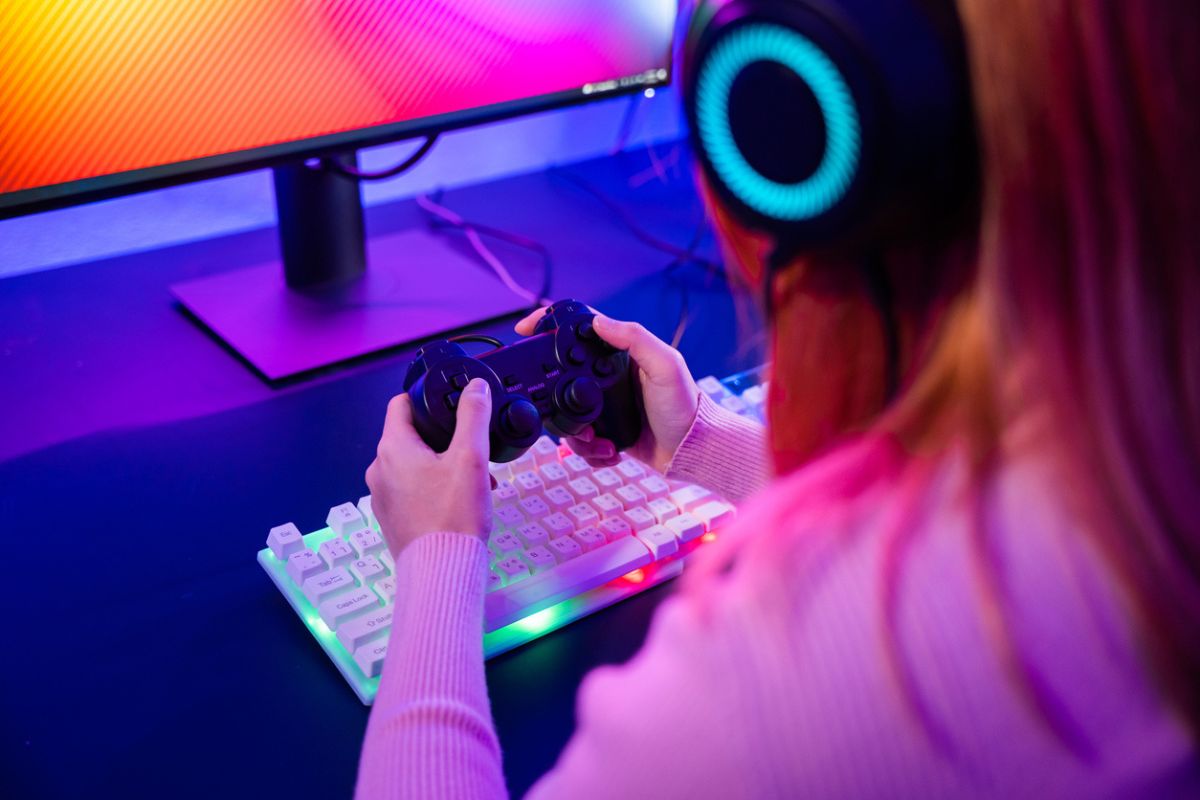Who knew a Pixar movie could be so prophetic? The 2008 hit WALL-E portrayed future generations of humans as sedentary drones living depressing virtual lives. And here we are, nearly 20 years later, hopelessly shackled to our smartphones, tablets, and now even glasses. Roughly 91 percent of American adults own a smartphone today, according to the Pew Research Center. And we spend a lot of time on them – about 4.6 hours a day on average.
It’s little wonder. Smartphones provide an unprecedented level of convenience, entertainment, and social connectedness. But that game-changing technology doesn’t come without mental health concerns. Recent surveys suggest that roughly half of smartphone users (at least in the States) worry about their screen time. And younger generations (at least under 30) are even more concerned. About 80 percent of them think they’re using their devices too much.
Despite all of this, researchers have done little to explore whether we should be worried about excessive smartphone use and its threat to our psychological well-being. Until now.
A group of University of Texas researchers found that blocking mobile internet access on smartphones for two weeks can be a huge boost to one’s mental health, subjective well-being, and attentional abilities. The study results, appearing in PNAS Nexus, show that scaling back the time we spend online (and on the go) could have profound psychological benefits.
Methodology: A Fortnight of Smartphone Freedom
To explore the causal effects of smartphone use on mental health and cognitive function, the researchers went with a randomized controlled trial. They recruited 467 participants, all of whom agreed to install an app that blocked mobile internet access — including Wi-Fi and cellular data — on their smartphones for two weeks.
But participants still retained the ability to text and make calls, ensuring they weren’t disconnected completely. And they could still get online through non-mobile devices, such as desktops and laptops.
The researchers then measured three primary outcomes:
- Subjective well-being (SWB).
- Overall mental health.
- And sustained attention.
The research team randomly assigned the participants to one of two groups: an Intervention group that blocked mobile internet for the first two weeks and a Delayed Intervention group that acted as a control before blocking internet access in the second half of the study.
Finally, researchers collected data at three different times: before the intervention, after the two weeks, and after another two weeks to assess longer-term ramifications.
Significant Improvements Emerge
Perhaps unsurprisingly, the researchers found that blocking mobile internet access spawned notable improvements across all three key areas:
- Subjective well-being (SWB): Participants reported higher life satisfaction and increased positive emotions after the intervention.
- Mental health: The experiment dramatically curbed anxiety and depression symptoms, surpassing the benefits normally only observed with antidepressant medication.
- Sustained attention: Participants demonstrated enhanced focus, with improvements equivalent to reversing a decade of age-related cognitive decline.
Overall, more than 91 percent of participants showed improvement in at least one of these areas, shoring up the contention that scaling back access to mobile internet can be a huge boost to one’s psychological health.
“Even those who did not fully comply with the intervention experienced significant, though more modest, improvements,” the researchers wrote. “These findings suggest that constant connection to the online world comes at a cost, since psychological functioning improves when this connection is reduced.”
The study’s authors added that the improvements stemmed from changes in how participants spent their time when they lost their Google access. During the intervention, participants engaged more in other activities, such as socializing (in person), working out, and spending time in nature. These activities all contributed to improved mental health and cognitive functioning.
It also came with the added benefit of fewer digital distractions, allowing participants to focus on the task at hand.
Earlier research had established that smartphone notifications impair attention and that just having a phone next to you can cut into your cognitive capacity.
This new study provides experimental evidence that unplugging (so to speak) can help.
Compliance Challenges
Despite all of this, compliance continued to be a challenge. Of the 467 participants who initially committed to blocking mobile internet, only 266 set up the necessary application. And only about a quarter of them – 119 – managed to maintain the block for at least 10 of the 14 days.
But even those who failed to fully comply showed some improvements, suggesting that even partial cutbacks in mobile internet use could be beneficial.
The researchers also found that individuals with higher levels of “Fear of Missing Out” (FoMO) experienced greater improvements in well-being and mental health once they disconnected. This finding suggests that mobile internet could exacerbate feelings of social comparison and exclusion.
Rethinking Our Smartphone Relationships
This study presents compelling evidence that constant connectivity to the online world could be a threat to mental health and cognitive function. While smartphones offer a world of benefits, their incessant presence doesn’t come without a cost.
These results suggest that taking periodic breaks from mobile internet could be a simple (if difficult) yet effective way to boost one’s attention span, mental health, and overall well-being.
Further Reading
Chronic Smartphone Use Linked to Teen Anxiety, Depression, and Insomnia
Smartphone Addiction Tied to Psychological Disorders
Why Teens Are Using Flip Phones To Dial Up Better Mental Health



